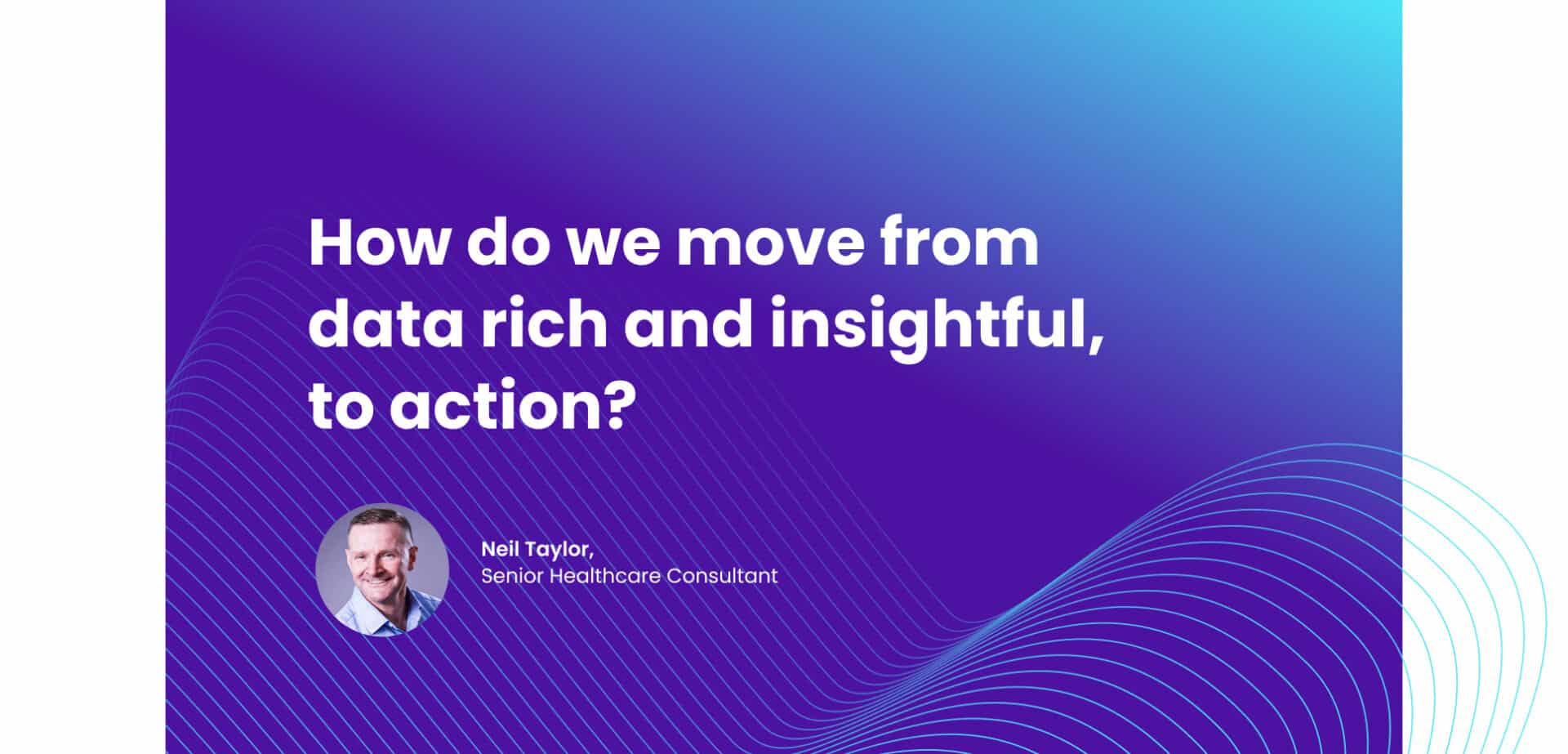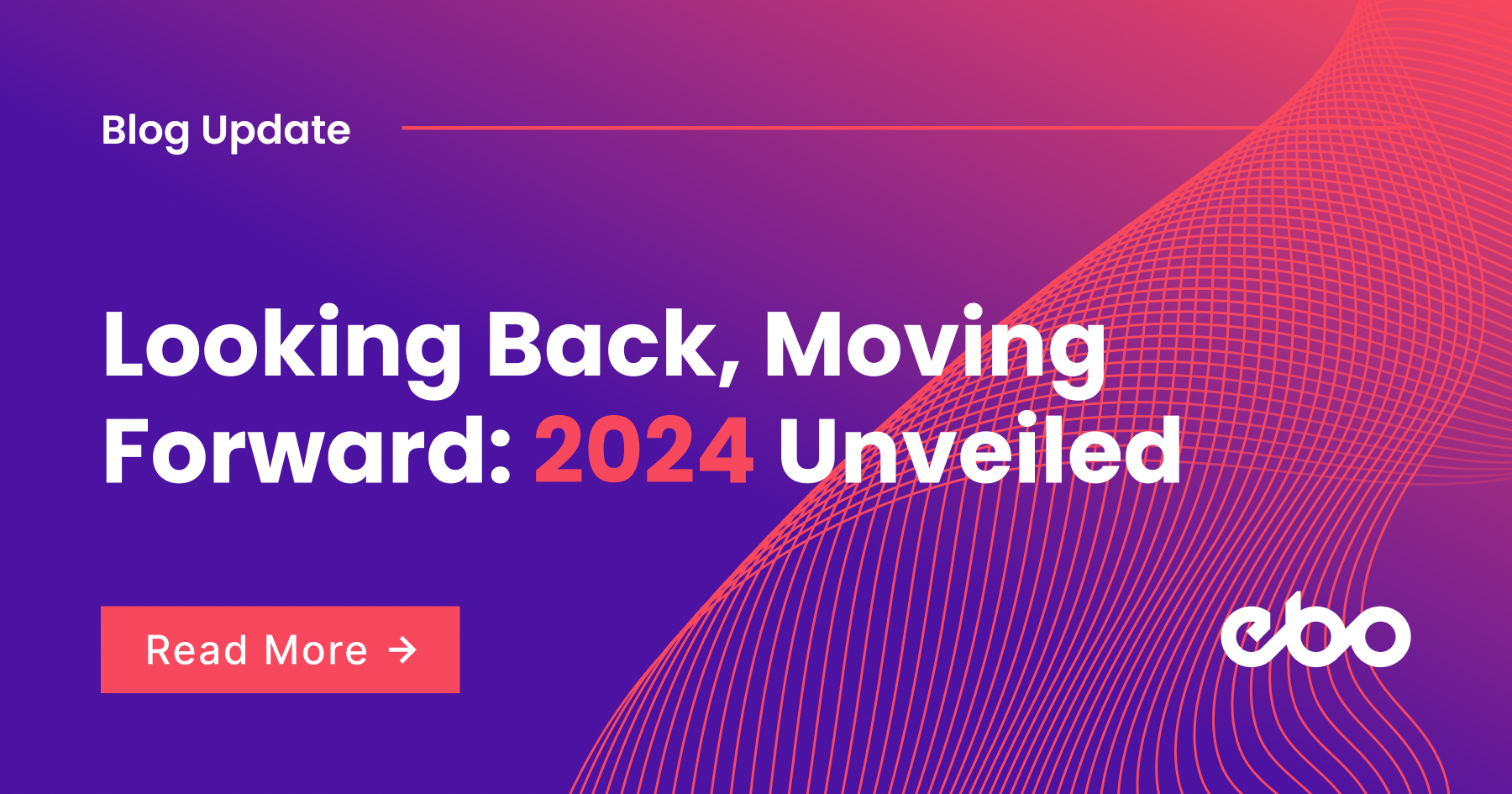Data in healthcare is king. Information is the new currency, we’re told. And we’re excited about this. Data gives us the intelligence we need to make the right decisions for if you can’t measure it, you can’t manage it, right?
Instinctively there’s a but. Our health systems are continuing to develop greater integration and processes that will be the platform for integrated care and will fit around patient needs – “working together for patients.” We are aware that the speed of improvement will vary depending on the systems, and therefore the data available and how we move to a shared system from say, a paper-based system will be complicated and take time. Great effort has been put into speeding up the process, such as with the Great North Care Records programme and where we have reliable data, we now see innovators providing a clearer picture of where that need is, and what we need to do about it.
However, there is a palpable frustration where we have the data but haven’t the necessary resources to utilise it in a meaningful way. Even where we have the analytical resources to move our position on from data rich and information poor to having insight, how do we move from data rich and insightful to action?
However, there is a palpable frustration where we have the data but haven’t the necessary resources to utilise it in a meaningful way.
And here’s the but. If for example the data tells us that only 30% of clinical time is spent in front of patients, (Lord Carter review of community and mental health variation) or that we are understaffed in our theatres, or know a particular cohort of patients may DNA, what capacity do we have to act upon this? And by capacity, I mean operational, change and behavioural management talent. The data is only useful when we have the resources and processes needed to do something with the information.
More poignantly, innovative solutions that only solve part of the problem by merely highlighting it appear to be creating even more work for health systems to understand, process and action what the data is telling us. If we agree that we need a system that stakeholders can safely access to allow joined up working to flourish, then we must have supporting solutions that utilise that very heartbeat of intelligence to bring it to life and bring the patient closer. Any solution to a problem in healthcare really should be an end to end solution to create capacity instead of bottlenecks.
If you want to know more about end-to-end automation in the NHS, join our upcoming virtual event:
📌 The IT team, the Bot and the Digitally Included Patient
📅 20/04/23



